Do I Really Need to Get my Teeth Cleaned Every Six Months?
That’s a great question!The short answer is YES.You really do need a professional teeth cleaning at least every six months. Some people need one even more often.In general, it is safe to assume that you need to see your dentist and dental hygienist at a minimum of twice a year in order to insure that you have a completely healthy mouth.
Why are Consistent Teeth Cleanings so Important?
There are several reasons you should be on a consistent schedule with your dental hygienist.
 No matter how great of a brusher , flosser or mouth-rinser you are, you are not removing all of the bad bacterial buildup from your teeth.No one can reach all the tiny nooks and crannies in his or her own mouth.But your dental hygienist can reach them for you.By having professional teeth cleanings, you get a clean slate every six months.
No matter how great of a brusher , flosser or mouth-rinser you are, you are not removing all of the bad bacterial buildup from your teeth.No one can reach all the tiny nooks and crannies in his or her own mouth.But your dental hygienist can reach them for you.By having professional teeth cleanings, you get a clean slate every six months. - The dental hygienist removes bacteria that you cannot!Even if you could reach every tiny nook and cranny in your mouth, you still would not be able to remove all of the bacteria with brushing and flossing and rinsing.Why?Because when plaque (the soft stuff) stays on a tooth surface for more than 24 hours, it begins to mineralize, or harden, into a calcified buildup called either calculus or tartar.A toothbrush will not remove tartar.Only a sharp metal dental instrument, used in the hands of a trained professional, can remove this tough accumulation from a tooth.
- All of this bacterial removal helps to lower your risk for dental diseases like cavities and gum disease.Having your teeth cleaned regularly actually saves you money over your lifetime by decreasing the risk for problems that are expensive to repair.When you have consistent teeth cleanings, you are less likely to need fillings, dental crowns, and gum treatments.
So Much More Than Just a Teeth Cleaning
Seeing your dentist every six months involves more than just the physical cleaning of your teeth.Most of the appointments you have scheduled with our hygienists, Phyllis and Nancy, also include an oral evaluation by Dr. Ann or Dr. Lauren.These oral evaluations, on a consistent basis, are also an essential part of keeping a completely healthy mouth.When you see the dentist, you are getting much more than a “check-up”.
Oral Cancer Screening
One of the more scary trends we are seeing in oral health is an increase in the incidence of oral cancer.It is affecting more people in a younger age bracket with no history of tobacco or alcohol.The reason for this new trend is the prevalence of the sexually transmitted virus, HPV.Research studies show a link between certain strains of HPV and oral cancer.
Because oral cancer rates are rising among younger and previously low-risk populations, oral cancer screenings are an essential part of your oral evaluations.
Risk Assessment
Did you know that not everyone gets cavities?Others can forego flossing and not develop periodontal disease.There are some people with very little infectious disease (cavities or gum disease) in their mouths who continually crack and break teeth due to heavy clenching or grinding.
Every human is unique with different risk factors or tendencies to develop certain diseases.This is true for the mouth, too.
Our goal is to assess each area of oral health to determine where you are at risk for dental problems.Once you know your specific areas of concern, you can concentrate your efforts on prevention. (Don’t get your hopes up; we still tell everyone to floss!)
Patient Education
All of our dentists and dental hygienists believe strongly that the more you know, the better your oral health will be.This is why we take time to explain your specific risk factors or dental disease processes.We tailor each person’s education to his or her specific needs.
After a professional teeth cleaning, you leave with a perfectly clean mouth.It is your dental hygienist’s job to clean your teeth two days out of every year.That means it is your job the other 363 days.Our hygienists want you to do this well, so they will recommend certain oral hygiene techniques or even accessory tools you can use to get to some hard-to-reach places.
Because different people have different risk factors, we also recommend different oral care products, tailored to your unique needs.Dr. Ann and Dr. Lauren understand which products (and which specific ingredients) will lower your disease risk.
But I Hate Teeth Cleanings.They Hurt!
If this is your reason for avoiding professional teeth cleanings, read this section closely.You are right that sometimes teeth cleanings can hurt or be uncomfortable.We will address the two main causes of discomfort during a teeth cleaning and how we can work together to make them more comfortable.
-
Gingivitis (Inflammation of the Gums)
If it hurts to brush or floss, then it will probably hurt to have your teeth professionally cleaned.Red, puffy, bleeding gums are inflamed, and it hurts to touch them.Obviously, using metal instruments to scrape away bacterial buildup would not feel good in this scenario.
Guess what the remedy is for painful, inflamed gums.Professional teeth cleanings!
The cause of gingivitis is bacterial overgrowth and your body’s inflammatory response to it.The only fix for gingivitis is removing all of that bacteria.The good news is that we have many tricks, tools and technology to make you more comfortable during the procedure.If your gums hurt during teeth cleanings, let the dental hygienist know BEFORE she gets started so she can take precautions and make recommendations to keep you comfortable.
It is also important to note that if your gums hurt during a teeth cleaning, that can be an indication that you need more frequent professional teeth cleanings.Many people state that halving their teeth cleaned every three months, instead of every six, causes no pain at all!
2. Tooth Sensitivity
The scraping motion and all the cold air and water used in a professional teeth cleaning an be torture to sensitive teeth.Most people experience sensitive teeth as a result of exposure of the roots of the teeth by receding gums.Some people have sensitivity in only one specific site.
Let your dental hygienist know where the sensitive spots are so she can be as gentle as possible in those areas.There are some wonderful over-the-counter products we recommend for tooth sensitivity.And if these do not do the trick, there are some dental procedures that will reduce tooth sensitivity.
Basically, if you give us the details about what specific aspects of a teeth cleaning bother you, we are happy to address them!Our goal is very everyone to have a completely healthy mouth, and to provide the best, gentlest dental care possible.
Have We Convinced You?
If you are ready to schedule a professional teeth cleaning, call today to book an appointment with Phyllis or Nancy.They will help you get back on track to a completely healthy mouth!
